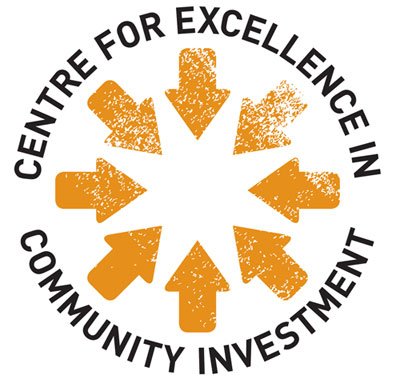
The view from: Catalyst
Our blog series, The View From, explores how housing associations have been responding to the Covid-19 crisis. In this blog, Rhys Evans, Community Engagement Manager at Catalyst, discusses their proposed summer programme for young people.
Historically, summer programmes for young people have been one of the highlights of the community calendar. They’ve been about providing what individual communities need through a range of positive diversionary activities.
At Catalyst, we’ve always tried to make the summer programme experience something out of the ordinary for the children and young people who take part. It’s not just about turning up and playing football or painting. It’s about active citizenship, volunteering within the community, providing longer term opportunities and skills, that type of thing.
Through the summer programme, we reward and recognise the young people’s contribution. For example, we award points for volunteering and that can then be converted into rewards, such as go-karting, a day at a theme park or white-water rafting. We like to take young people out of their comfort zone, and then say thank you to them for all the effort they’ve put in over the summer.
When Covid-19 hit, we had to revisit our summer programme plans. We did lots of research and it became obvious that lots of other housing associations were trying to do the same sort of thing. We all want the best for our communities, we all want to help people experiencing holiday hunger, and so on.
But does it make sense for each organisation to be doing their own thing?
Shouldn’t we start talking about how we can do a programme of activities that’s accessible to all of our communities simultaneously?
One of the positive outcomes of the Covid-19 pandemic is that it has forced us to think more collaboratively.
The same could be said for employability programmes: it seems every housing association runs their own. It seems nonsensical that we’re limited to our own postcodes or own neighbourhoods. We could deliver them more cheaply and with much higher quality if we shared our resources.
The summer programmes for young people definitely lends itself to this.
One of the themes we’ve been looking at is young people’s mental health. Psychologists are warning about an impending tsunami of mental health issues. How can we use the summer programme to create projects and activities that not only reduce isolation and loneliness, but also provide a sense of achievement and development?
Rather than a young person just taking part as an individual in a street dance session on Zoom, for example, how can we create some sort of continuity so that you create something as a group? That’s the ethos we want to inform the summer programme.
Traditionally, summer programmes tend to be delivered on the same estates or in the same areas year after year. If your housing association home isn’t in that area, then your chances of taking part in a summer programme are slim. Moving the programme online means that we remove that link to postcodes. For example, we can offer a street dance class that’s being filmed in north London to residents in Cardiff.
Working with the Housing Associations’ Youth Network (HAYN), we’re looking at five or six different types of offer, ranging from a full digital programme where people can log on and access any event they want, to individual events.
One of the really exciting elements of the programme is promoting accessible transport – bikes. We’re looking to help young residents get access to low cost bikes, along with offering bikeability training and bike servicing. All of this will be at low or no cost to residents. We’re also planning cycling competitions – a bike-related prize for the person who does the most cycling in a week, that sort of thing.
By working collaboratively across the sector, we can increase our procurement value and increase the prospect of sponsorship from the corporate sector. The more housing associations we can get involved in this, the bigger it will become, and the more attractive it will be to supporters, and most importantly, the greater the benefits will be to our residents and communities.
I’d ask people to get involved with HAYN – it’s a national network and we want housing associations across the country to get involved.
To find out how you can get involved with HAYN, please contact Sarah Willis or Adam Chester.


